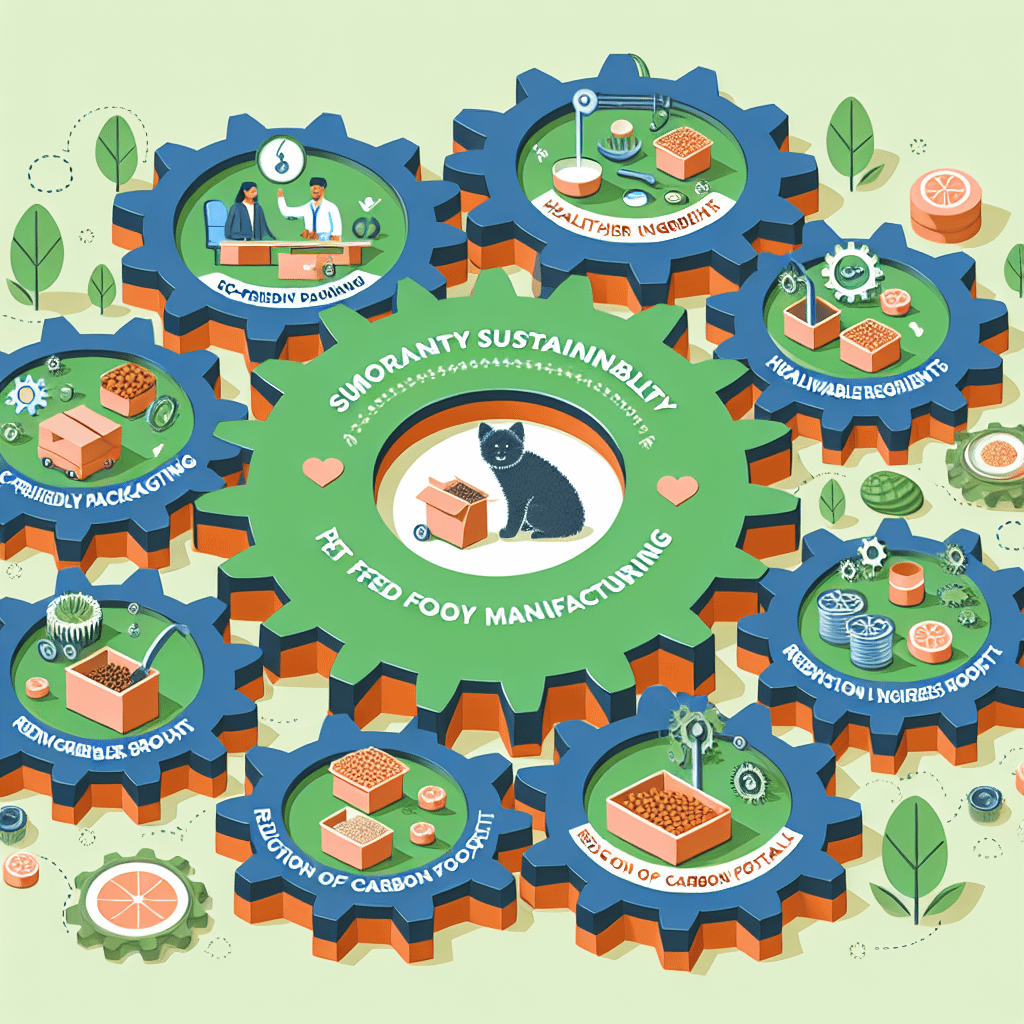When creating new pet foods and treats, manufacturers must remember that it’s important to think about how their production impacts the environment, as well as how it meets pet owners’ concerns about sustainability.It’s a delicate but necessary tightrope to balance on, said Allison Reser, director of Sustainability & Innovation with the Pet Sustainability Coalition (PSC). “Investing in sustainable sourcing and production is a critical long-term strategy for pet food manufacturers,” she said. “At its core, the pet food industry relies heavily on natural resources like farms, crops and animal agriculture. Any practice that degrades these resources is risky for the industry’s future. Sustainable and regenerative practices ensure that these resources remain viable for generations to come, securing the future of the industry.”“Sustainability” manifests in different ways for different companies based on their unique impacts, risks and opportunities. This means that the cascading potential benefits to the health of pets and the environment are dependent on the decisions made, said Reser. “I recommend companies conduct a robust materiality assessment to understand the areas where they can make the most difference, while continuing to ensure proper nutrition,” she said. “To name one example, the pet food industry can utilize highly nutritious animal byproducts like organ meat that aren’t as common in the human food industry, which can reduce waste and greenhouse gases.”More jurisdictions are adopting or considering climate-related disclosure regulations, with frameworks like the CSRD, SEC requirements, and the ISSB’s IFRS 1 and 2 gaining traction, said Reser. “Companies that proactively address these regulatory changes not only reduce their transition risks but also position themselves more favorably in the evolving landscape,” she noted.In the shorter long-term, several years for example, sustainability investments can deliver tangible financial returns through energy savings, enhanced customer loyalty, improved employee retention, and increased supply chain resilience.The number one thing to remember, however, is the concept of “futureproofing,” said Reser. “Sustainability is not just about meeting current consumer demands or regulatory requirements,” she added. “It’s about ensuring that your business is resilient and capable of thriving in a future five, 10, 100 years from now where sustainability is the norm. By embedding sustainable practices into your operations today, you’re safeguarding your company’s relevance and success for tomorrow.”Stay tuned to see how sustainability and its impact to the pet food industry will be covered at Petfood Forum 2025.Petfood Forum and Petfood Essentials show dates are April 28-30, 2025, in Kansas City, Missouri, U.S. To stay informed on the latest event developments, go to PetfoodForumEvents.com.See discussions from 2024’s P

